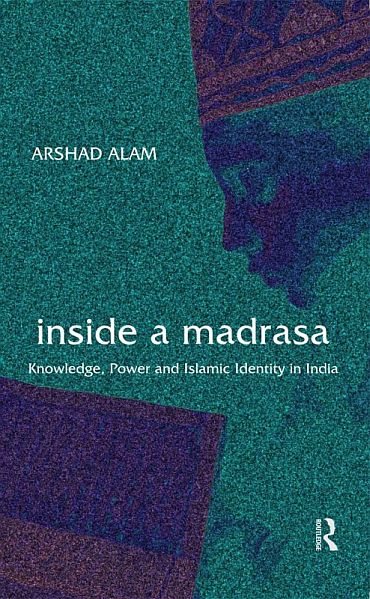
In India, the mention of a madrassa raises eyebrows. The Islamic schools have often been branded as hubs of terror and nurseries of hate. But is that really the case?
Rediff.com's Vicky Nanjappa talked to Dr Arshad Alam who teaches at the Centre for Jawaharlal Nehru Studies at the Jamia Millia Islamia and recently wrote on the issue in his book titled, Inside A Madrassa: Knowledge, Power and Islamic Identity In India.
Dr Alam says that while madrassas are important, it is essential that they are brought under the control of the State so that education imparted there is modernised.
He also blames the State, stating that when it comes to taking decisions regarding the modernisation of a madrassa, the government always stands back, as it is believed that they may hurt the mullahs who control the Muslims (which according to him is a misconception).
In an environment where madrassas are increasingly being seen as orthodox institutions that spawn terrorism and religious violence, this book argues that such a focus obviates an impassioned understanding of madrasas as social institutions and how they create and sustain a wide variety of possible interpretations of Islam.

There is a lot of controversy surrounding madrassas. Some term it as schools of terror. What are your thoughts?
My argument is that there is a misconception that madrassas teach Muslims hatred towards other religions. Madrassas in India are not schools of hate.
It is basically internal politics of the Muslim community. There are many groups among Muslims and through these madrassas they try and prove that their interpretation of Islam is the best.
These groups are in competition with each other -- not with other religions.
Are you saying all madrassas in India only speak about Islam or is there one section which preaches hate?
Not that I know of.
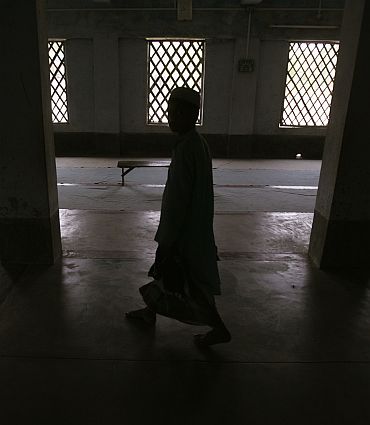
Over the years you may have heard people terming madrassas as schools of hate and nurseries of terror. Why does this happen if everything is so clean?
There is a two fold reason for this. One, right-wing groups tend to associate a problem with any issue pertaining to a minority. Madrassas are Islamic institutions and hence it classifies as a problem for them and also an object of suspicion. Second, the defiance by a certain sect of the Muslims who do not want modernisation of madrassas. They prefer to remain shut out.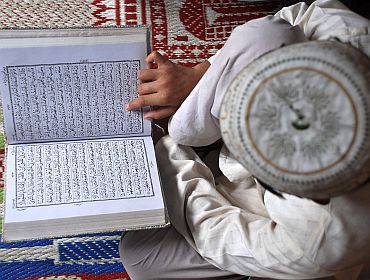
Is there an accountability among the madrassas?
There are the independent or azad madrassas, which are the problem in some cases.
There are, however, some which are under the All India Muslim Personal Law Board, which is under the ambit of the respective state government.
In the case of the independent institutions, sometimes there is not enough financial accountability. There is money coming in alright, but the community has the right to know how it is being spent or should be spent.
Hence, one cannot just say that the spotlight on the madrassas has increased only because of a ploy by certain non-Muslim groups.
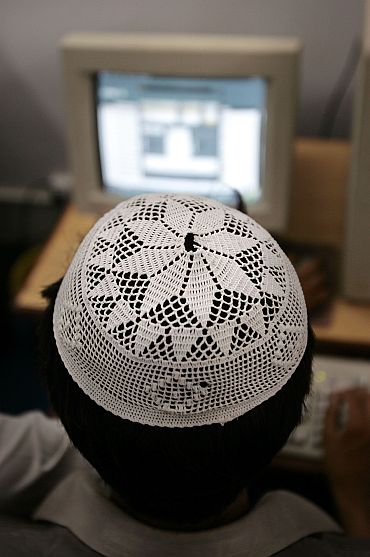

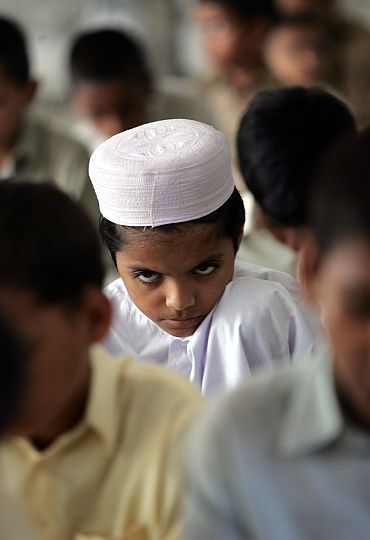
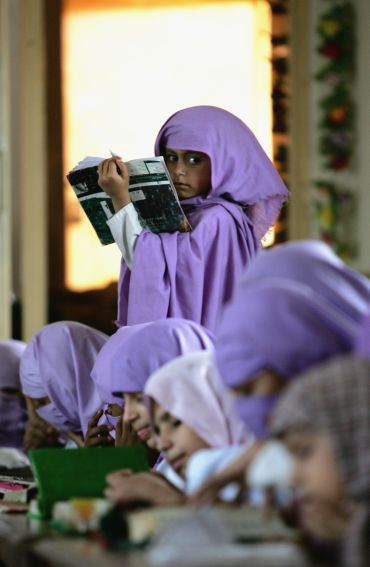
Do you think madrassas should be brought under the ambit of the government or should they all be run privately?
What is required is that the independent madrassas should be brought under the board. The azad madrassas run on a very loose structure and this ensures no change is possible.
In order to have reforms one needs a centralised structure. The government had proposed a central madrassa board but then the madrassas opposed this and the government gave in.
The government would not have done it if it was a Hindu issue. We have a peculiar situation where the State believes that mullahs control the Muslims. This is false impression. I am making a bigger point and the State has to act like a modernising agent.
There is no shying away from that responsibility.
Through your book what message have you managed to convey regarding madrassas?
The message is very simple. There are some who don't want to change. But madrassa students want to change. They want to study modern subjects. Madrassa students are hard working and they ought to be given the opportunity.
It is high time they changed and if they want to spread their religion, they have to do it in this world only. In order to do that they have to know about this world .